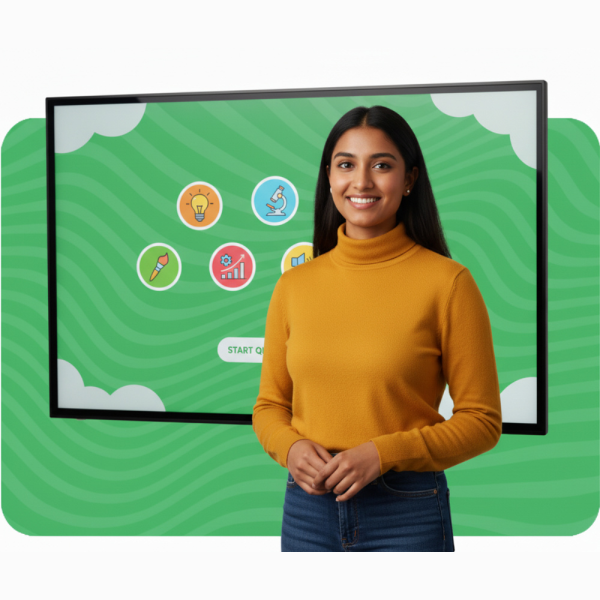
A Practical Guide to Finding Your Ideal Career
Beyond catchy slogans, the right platform helps you articulate interests, values, and competencies in language that aligns with hiring needs across industries. In this guide, the phrase find my profession represents a structured, supportive pathway rather than a single one-off test. You’ll move from vague curiosity to concrete shortlists, with clarity on skills to build and roles to target.

Crucially, an informed approach respects your timelines, learning style, and appetite for change while spotlighting opportunities you may have overlooked. With steady iteration, the journey turns from intimidating to empowering, which is where personal insight meets actionable tactics. That is also where a personalized plan surpasses generic advice to help you truly find my career in a sustainable way. When guidance is tailored, you shift from scattershot applications to focused exploration that aligns with real demand. Curated role maps and evidence-backed suggestions emphasize flexibility and future-proofing across sectors. Through this level of precision, you can confidently find perfect job trajectories that match both your aspirations and the realities of the labor market.
Well-constructed assessments examine multiple dimensions rather than reducing you to a single score or label. Instead of surface-level recommendations, a robust career finder test blends interest inventories with work style insights and strengths mapping. This layered view uncovers patterns that help you prioritize roles with both fit and growth potential. While you explore options, a dynamic career finder quiz can recalibrate suggestions as you refine answers and compare role requirements.

Find Job Paths That Work for You
Choosing a platform is easier when you can visualize how features map to everyday decisions. A streamlined dashboard should surface your strengths, present role clusters, and outline learning steps without overwhelming detail. Below is a concise comparison to highlight what you gain from an integrated, evidence-led approach.
| Feature | Why It Matters | Outcome |
|---|---|---|
| Strengths & Values Mapping | Aligns who you are with how you like to work | Better-fit role shortlists |
| Labor Market Data | Shows demand, salary bands, and growth trends | Realistic targeting |
| Role Pathways | Connects entry points with advancement options | Clear stepping stones |
| Skill Gap Analysis | Identifies missing capabilities and courses | Actionable learning plan |
| Portfolio & Resume Coaching | Translates strengths into employer language | Stronger applications |
When you compare platforms, prioritize tools that turn insight into practical next steps across weeks and months. Rather than static advice, you want living guidance that evolves as you learn, experiment, and gather feedback. With this ongoing loop, you can efficiently find career path options that genuinely align with evolving priorities.

Balanced Choices for Career Success
Clarity about trade-offs helps you assess roles for purpose, compensation, flexibility, and advancement in a balanced way. Thoughtful prompts guide reflection while trackers keep you accountable for small, steady actions. Through this cadence, you systematically find job that suits you without the stress of all-or-nothing decisions. Budget-conscious seekers also deserve tools that don’t compromise on rigor or practical value. Look for transparent pricing, trials, or guided resources that deliver professional-grade insights without hidden costs. With the right option, a savvy free career path finder can still produce deeply personalized and credible direction.
From Skills to Career Success
The best systems also integrate up-to-date labor data so your goals match real hiring signals, not just wish lists. You’ll learn which competencies carry the highest demand and how to build them with targeted practice. Over time, this clarity makes it far easier to find your career path with confidence and practical milestones.

Sharpen Your Job Search Strategy
Once you stabilize your routine, lean into feedback loops that refine your direction swiftly. Track what energizes you, where you struggle, and which roles spark genuine curiosity. As patterns emerge, the system will help you find your future job match with sharper precision and less second-guessing. Professional storytelling becomes a force multiplier when it reflects real progress backed by artifacts. Translate each sprint into concrete evidence, such as a project, case study, or certification, and share it. With credibility compounding, you’ll more easily find your perfect career tracks that reward both initiative and learning agility.

As you gather interviews, analyze what resonated with hiring teams and where your messaging missed the mark. Iterate your materials, ask for targeted feedback, and adjust your practice regimen for the next round. By treating discovery as an experiment, you can leverage a robust find my career test free toolkit to stay adaptable and proactive.</p
Another pitfall is ignoring how your values interact with workplace culture, leadership, and team dynamics. Map non-negotiables early and compare them across opportunities to prevent avoidable mismatches later. With this lens in place, it becomes more feasible to find right career paths that align with both performance and well-being. Used together, a well-crafted find career quiz and experiential learning will triangulate your best-fit direction.

Frequently Asked Questions
The Latest News



Please Note
This website (find-career-test.com) is not an official representative, creator or developer of this application, or product. All the copyrighted materials belong to their respective owners. All the content on this website is used for educational and informative purposes only.
